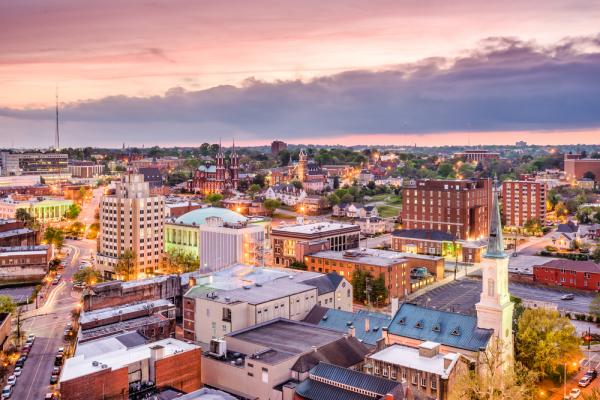Apr 20, 2018
In the past 50 years, the country has made great strides toward equity. But racism is still embedded in every aspect of American culture, from the churches we occupy to the environmental issues shaping our planet. People of faith can tackle these problems by working outside the lines that keep churches racially segregated. One way forward is through collaborating with other church communities on joint environmental projects.
Read the Full Article

Already a subscriber? Login
